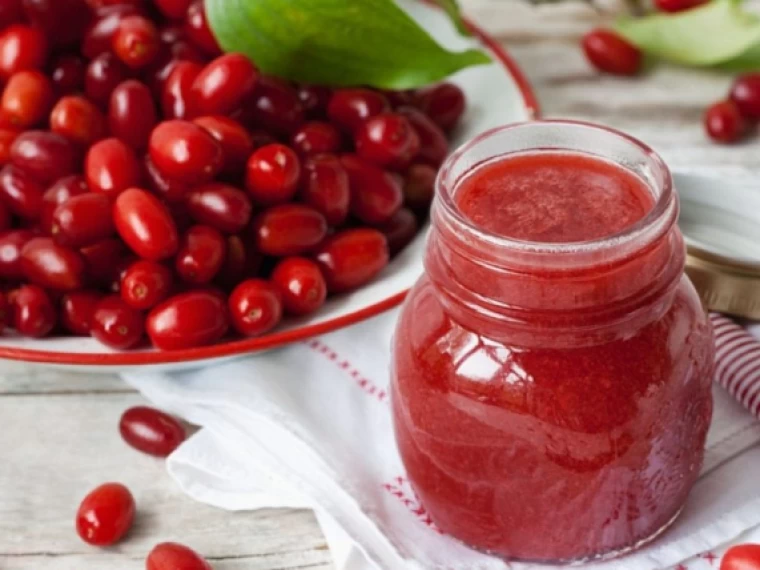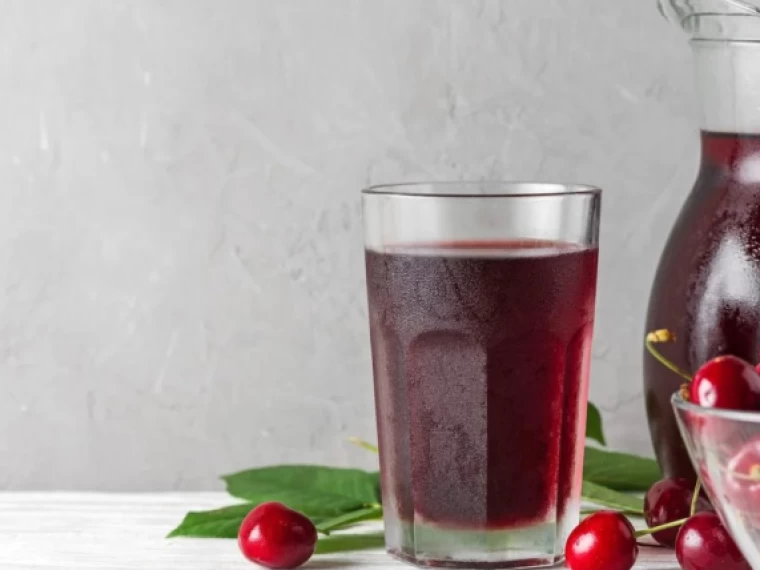In a garden full of mysteries, a towering tree with a crimson fruit called grapefruit stands out. It seems like a red dawn promising health over the darkness of fatty liver. This article is a dreamy journey into the world of grapefruit's properties and its benefits for fatty liver disease, where science and imagination blend to open a new window to health.
A Dream of Health with Grapefruit
Imagine walking in a lush garden, a cool breeze caressing your face, and the delightful scent of grapefruit drawing you in. You approach the tree and pick a shining grapefruit. With each slice, drops of juice fall like tears of joy on your hands. It seems this magical fruit has a spell for your liver's health.
The Power of Grapefruit against Fatty Liver

Grapefruit is rich in antioxidants, vitamins, and nutrients that amazingly help your liver's health.
- Fighting Fats: Grapefruit, with its powerful antioxidants, fights harmful free radicals that are the main cause of liver damage.
- Liver Detoxification: Grapefruit acts like a broom, sweeping toxins out of your liver and helping it function better.
- Reducing Inflammation: Grapefruit's anti-inflammatory properties reduce liver inflammation, which can lead to liver damage and failure.
- Regulating Blood Fats: Grapefruit helps regulate cholesterol and triglyceride levels, preventing fat accumulation in the liver.
- Weight Loss: With high fiber and low calories, grapefruit helps you lose weight and maintain fitness, which is crucial for liver health.
A Journey into the World of Taste and Health
Grapefruit is not just beneficial for the liver; it also has a delightful taste and unique freshness. You can enjoy grapefruit fresh, as juice, in smoothies, salads, and desserts, and savor the taste of health.
The Dream of Health, Within Your Reach
By incorporating grapefruit into your diet, you can naturally help your liver's health.
Consuming one grapefruit or a glass of grapefruit juice daily can be an effective step towards your liver's health. Enjoy grapefruit as a snack and benefit from its health properties. Add grapefruit to your breakfast and start your day with freshness and health.
Is Grapefruit Beneficial for All People with Fatty Liver?
Grapefruit is beneficial for most people with fatty liver, but in some specific cases, it may be contraindicated.
Contraindications for Grapefruit
- Certain Medications: Grapefruit can interact with some medications, such as blood pressure medications, statins, and anti-anxiety drugs.
- Specific Diseases: People with certain conditions, such as kidney failure or metabolic acidosis, should consume grapefruit with caution.
- Allergies: People allergic to citrus fruits may also be allergic to grapefruit.
Tips for Consuming Grapefruit for People with Fatty Liver

- Under Doctor’s Supervision: Consult your doctor before consuming grapefruit to ensure it is safe for you.
- Moderate Consumption: Consuming one grapefruit or a glass of grapefruit juice daily is suitable for most people.
- Pay Attention to Symptoms: If you experience any unpleasant symptoms like nausea, vomiting, or diarrhea, stop consuming grapefruit and consult your doctor.
In conclusion, grapefruit can be a beneficial food for people with fatty liver, but it should be consumed with caution.
What is the Best Time to Consume Grapefruit for Fatty Liver?
The best time to consume grapefruit for fatty liver is not definitively determined and depends on various factors such as the individual's health status, type and dose of medication, and personal preferences.
However, some suggested times for consuming grapefruit for people with fatty liver include:
- Morning on an Empty Stomach: Consuming grapefruit with breakfast can help detoxify the liver and increase metabolism.
- Before Meals: Consuming grapefruit 30 to 60 minutes before meals can aid digestion and nutrient absorption.
- Between Meals: Consuming grapefruit as a snack can help control appetite and aid in weight loss.
Does Consuming Grapefruit Have Side Effects?
Yes, consuming grapefruit can have side effects, but these side effects are usually mild and do not occur in everyone.
Some possible side effects of consuming grapefruit include:
- Stomach Discomfort: Grapefruit can cause heartburn, indigestion, and diarrhea in some people.
- Allergies: People allergic to citrus fruits may experience symptoms like itching, skin rashes, and swelling after consuming grapefruit.
- Drug Interactions: Grapefruit can interact with some medications, such as blood pressure medications, statins, and anti-anxiety drugs.
How Much Grapefruit Can Be Consumed Daily?
The amount of grapefruit you can consume daily depends on various factors such as age, gender, health status, and diet.
Generally, consuming one to two grapefruits daily is safe for most people.
Can Grapefruit Juice Be Used Instead of Fresh Grapefruit?
Yes, grapefruit juice can be used instead of fresh grapefruit.
Grapefruit juice has similar health benefits to fresh grapefruit and can help detoxify the liver, aid in weight loss, and improve overall health.
However, there are differences between grapefruit juice and fresh grapefruit that you should consider:
- Fiber: Grapefruit juice has less fiber than fresh grapefruit. Fiber is essential for digestive health and blood sugar regulation.
- Vitamin C: Grapefruit juice has less vitamin C than fresh grapefruit. Vitamin C is a powerful antioxidant that helps boost the immune system.
- Sugar: Grapefruit juice has more sugar than fresh grapefruit. Excessive sugar consumption can lead to weight gain and other health problems.
Can Grapefruit Be Consumed Cooked?
Yes, grapefruit can be consumed cooked.
Cooking grapefruit can change its flavor and add variety to your diet.
There are various ways to cook grapefruit:
- Grilled Grapefruit: Slice grapefruit thickly and grill or bake it.
- Baked Grapefruit: Slice grapefruit thinly, flavor it with sugar, honey, or syrup, and bake it.
- Fried Grapefruit: Cut grapefruit into small pieces and sauté it in a pan with a little oil.
- Grapefruit in Salad: Cut grapefruit into small pieces and add it to your salad.
Tips for Cooking Grapefruit
- Do Not Overcook: Overcooking grapefruit can make it bitter.
- Use Sugar or Honey Sparingly: Grapefruit is naturally sweet, so there is no need to use a lot of sugar or honey.
- Combine with Other Ingredients: Combine grapefruit with other fruits, vegetables, and spices to enhance its flavor.
In conclusion, cooking grapefruit can be an interesting and delicious way to increase your grapefruit intake and enjoy its health benefits.
However, it is best to consume grapefruit raw or lightly cooked to fully benefit from its health properties.
References:
https://www.medicalnewstoday.com/articles/323915
https://www.hepatitisfoundation.org.nz/news-events/latest-news/five-superfoods-your-liver
https://www.livestrong.com/article/543520-grapefruit-and-fatty-liver





